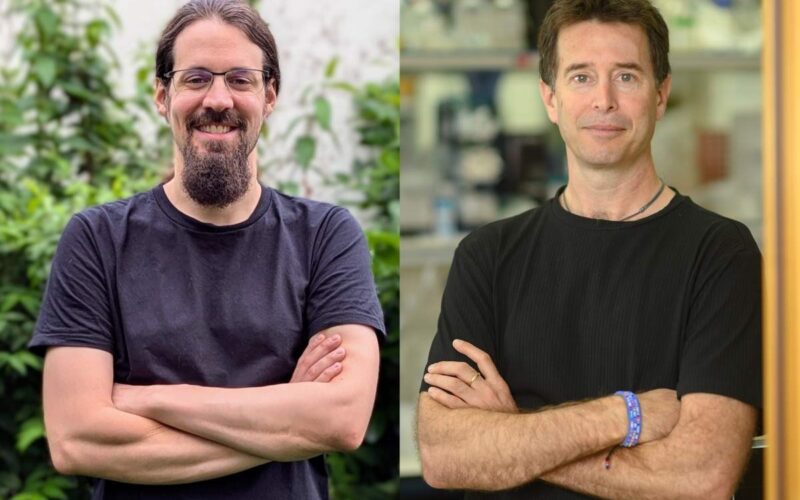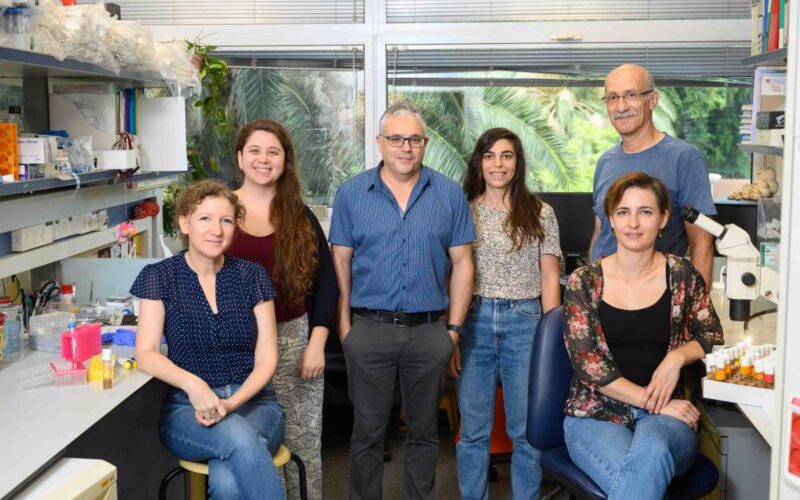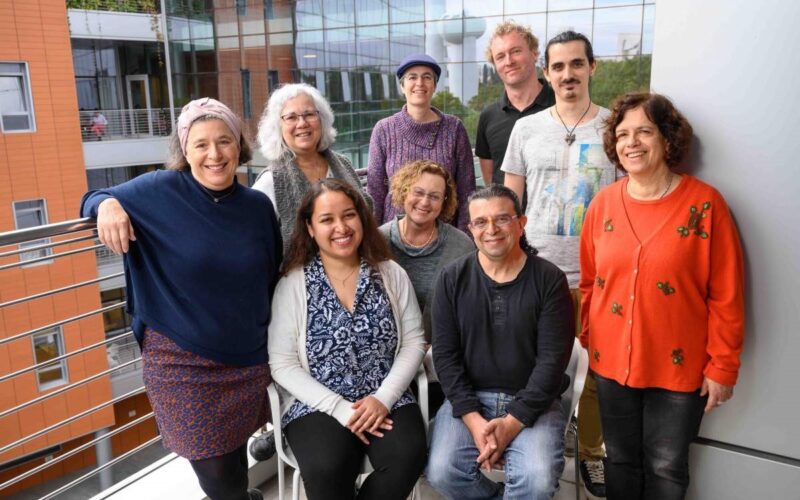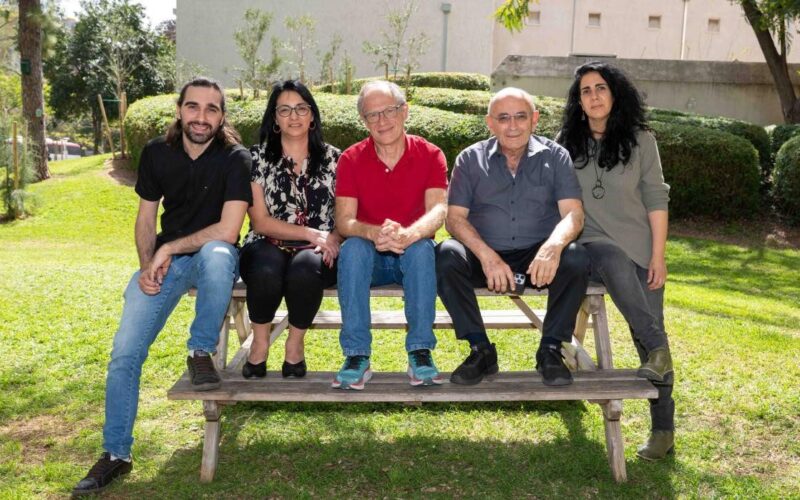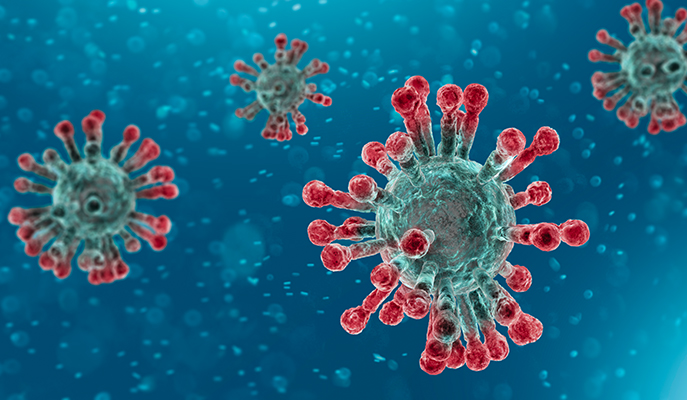
March 17, 2020
In light of the severe constraints in performing a sufficient amount of coronavirus tests in Israel, the Weizmann Institute of Science decided to contribute significantly to the national mission and use its advanced laboratories to perform coronavirus tests. In parallel, Weizmann Institute scientists are developing an advanced and very efficient testing approach with a significantly reduced risk.
A few years ago, the Weizmann Institute of Science established the Nancy and Stephen Grand Israel National Center for Personalized Medicine (G-INCPM). The centre, located on the Weizmann Institute of Science’s campus, operates, among other things, an advanced, world-class research facility. This laboratory has a number of advanced PCR devices that are capable of performing rapid and efficient identification of genes.
During a number of meetings held in recent days, attended by heads of the National Security Council, Ministry of Health officials, head of public health services Professor Sigal Sadecki, among others, the possibility of operating Weizmann Institute’s laboratories is being considered in order to significantly increase the amount of coronavirus diagnostic tests able to be performed in Israel.
At the same time, and in coordination with examining these possibilities, Weizmann Institute scientists are developing a new test method that may help with the global fight against coronavirus. This method will be based on a process that involves fewer stages compared to existing tests, and at the same time, greatly reduces the biological risk to which the teams that perform the tests are exposed.
President of the Weizmann Institute of Science, Professor Alon Chen said: “The Weizmann Institute of Science is an integral part of Israeli society, and we consider it our duty and right to contribute to and help the State of Israel and its nation in dealing with the global coronavirus crisis. During this crisis, we are harnessing our capabilities in basic research and applying them to the benefit of humanity.”

Credit: Naeblys/Getty Images



